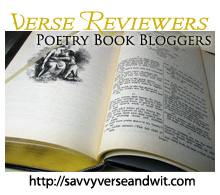 Welcome to the 145th Virtual Poetry Circle!
Welcome to the 145th Virtual Poetry Circle!
Remember, this is just for fun and is not meant to be stressful.
Keep in mind what Molly Peacock’s books suggested. Look at a line, a stanza, sentences, and images; describe what you like or don’t like; and offer an opinion. If you missed my review of her book, check it out here.
Also, sign up for the 2012 Fearless Poetry Reading Challenge because its simple; you only need to read 1 book of poetry. Please visit the stops on the National Poetry Month Blog Tour from April 2011 and beginning again in April 2012.
Today’s poems is from Carole Bugge (aka C.E. Lawrence):
Meditation on an Ancient Widow Her husband has just died after sixty-two years of his stark, lean body next to hers in their creaking, aged bed with the musty mattress and rusty springs And now she listens from within this grey house with its peeling paint weathered wicker chairs and faded sea green shutters as the wind and the waves beat against the bellows of the bay Her ancient voice, thin as paper, dry as the brittle rushes growing along the side of the house floats across the water to where the buoy floats bobbing in the restless water with its swelling, roving tides She sits under the yellow corner lamp, crossword on her lap, listening to the seagulls run their hollow, falling scales as they caw and cry and call to each other the tea in her cup is cold She draws her sweater close around her thin, sharp shoulders the curve of her back bent with age like the prow of a ship all the more keenly to press through the waves to cut cleanly through the wake of his leaving Her body has stored each touch of his hands sixty-two years of kisses and caresses sixty-two years of his body next to hers Self-pity is not in her nature she is keen and sharp and unsentimental as the sun-bleached driftwood gathering dust on the window sill Still, at night she thinks she hears his footsteps along the floorboards padding slowly down the hall to her room As the old ship’s clock on the mantel strikes midnight she turns her face toward the door and opens her arms to him
What do you think?
Carole Bugge ( C.E. Lawrence) has eight published novels, six novellas and a dozen or so short stories and poems. Her work has received glowing reviews from such publications as Kirkus, The Library Journal, Publisher’s Weekly, Booklist, The Boston Herald, Ellery Queen, and others. Her short fiction has appeared in numerous anthologies and magazines. Winner of both the Euphoria Poetry Competition and the Eve of St. Agnes Poetry Award, she is also a Pushcart Prize nominee and First Prize winner of the Maxim Mazumdar Playwriting Competition, the Chronogram Literary Fiction Prize, Jerry Jazz Musician Short Fiction Award, and the Jean Paiva Memorial Fiction award, which included an NEA grant to read her fiction and poetry at Lincoln Center.
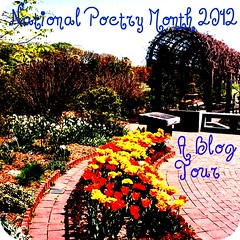 A finalist in the McClaren, MSU and Henrico Playwriting Competitions, she has read her work at Barnes and Noble, The Knitting Factory, Mercy College, Merritt Books, the Colony Cafe and the Gryphon Bookstore. She has received grants from Poets and Writers, as well as the New York State Arts Council. Her story “A Day in the Life of Comrade Lenin” received an Honorable Mention in St. Martin’s Best Fantasy and Horror Stories, and she was a winner in the Writer’s Digest Competition in both the playwriting and essay categories.
A finalist in the McClaren, MSU and Henrico Playwriting Competitions, she has read her work at Barnes and Noble, The Knitting Factory, Mercy College, Merritt Books, the Colony Cafe and the Gryphon Bookstore. She has received grants from Poets and Writers, as well as the New York State Arts Council. Her story “A Day in the Life of Comrade Lenin” received an Honorable Mention in St. Martin’s Best Fantasy and Horror Stories, and she was a winner in the Writer’s Digest Competition in both the playwriting and essay categories.
More recently, “Chrysalis” will be appear in an anthology entitled Motherhood, very shortly, and she was nominated for a Pushcart Prize last month for her poem “In Other Words.”
Her latest book is Silent Kills; stay tuned in May for a guest post and giveaway.
***For Today’s National Poetry Month Blog Tour stop, visit Adventures of Cecelia Bedelia.***
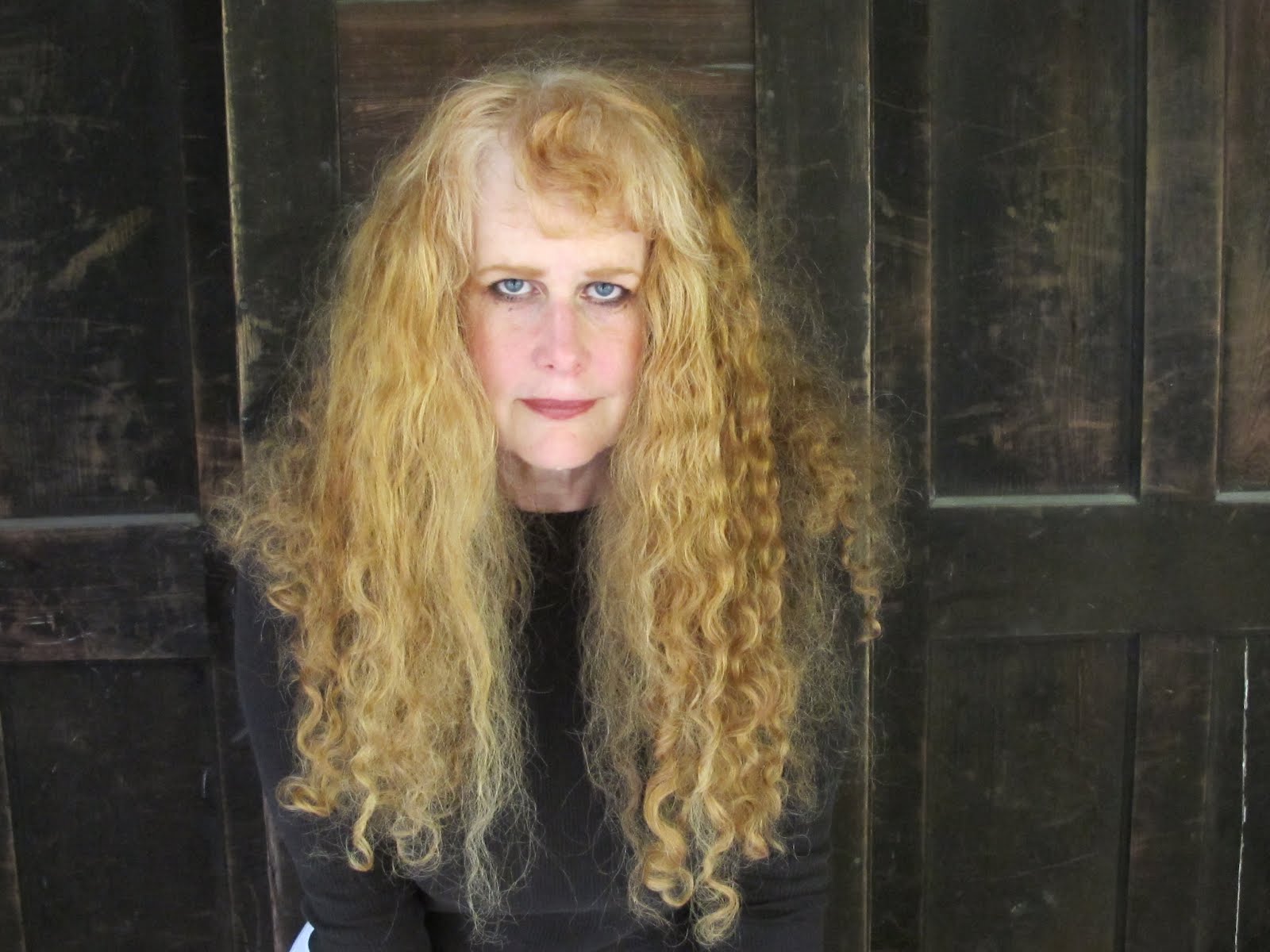
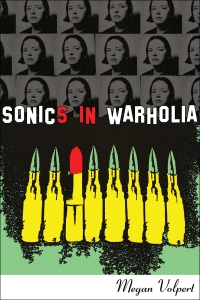







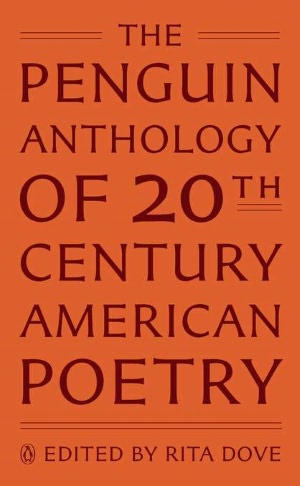
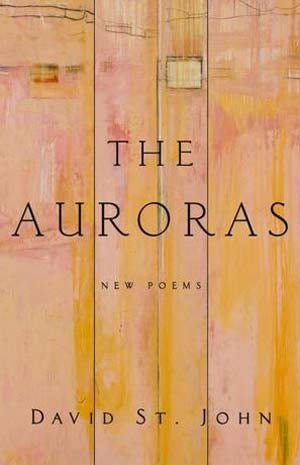
 About the Poet:
About the Poet: I first read an Aaron Belz poem while staying at my niece’s in Brooklyn, in their somewhat dank basement with low ceilings and low light. There, neatly placed by my bed stand, was a well-used copy of
I first read an Aaron Belz poem while staying at my niece’s in Brooklyn, in their somewhat dank basement with low ceilings and low light. There, neatly placed by my bed stand, was a well-used copy of  What I like about your poetry is how naturally your humor flows from experience. However, with all the wild and wooly situations and outcomes we find ourselves led into, it begs the question how much of this stuff is honestly from your experience, and to what extent to allow yourself license to depart from what really has occurred?
What I like about your poetry is how naturally your humor flows from experience. However, with all the wild and wooly situations and outcomes we find ourselves led into, it begs the question how much of this stuff is honestly from your experience, and to what extent to allow yourself license to depart from what really has occurred?


